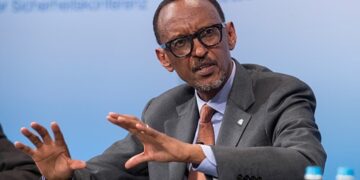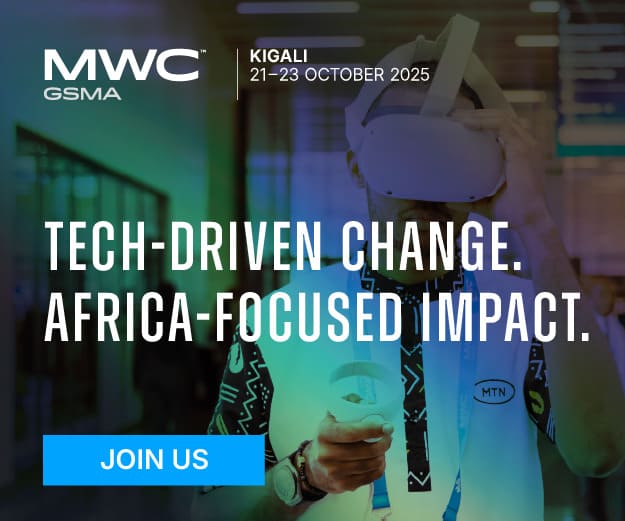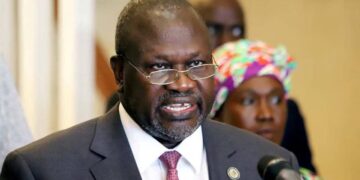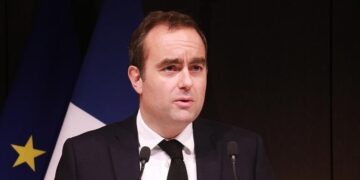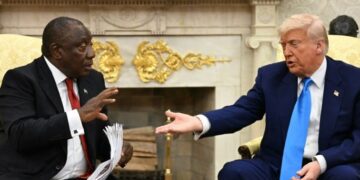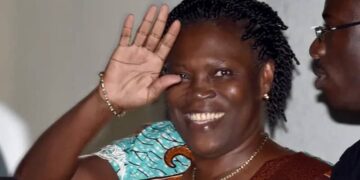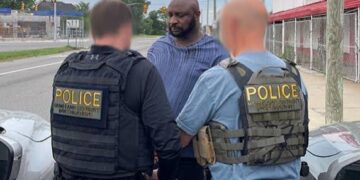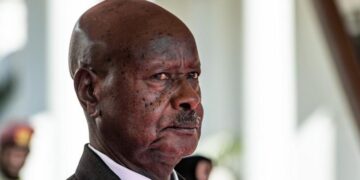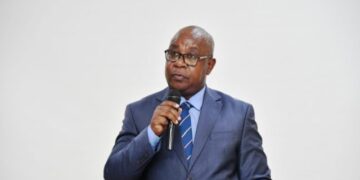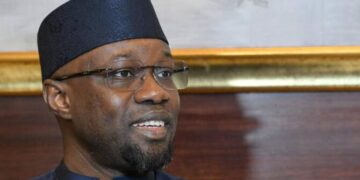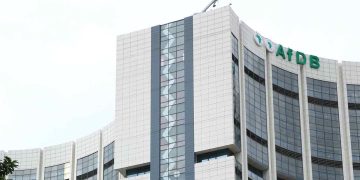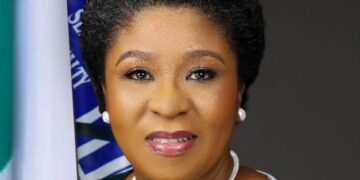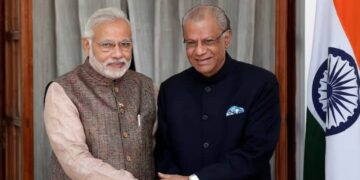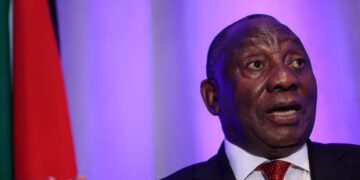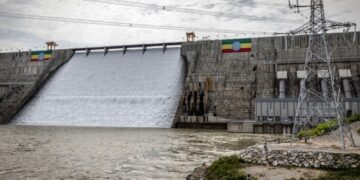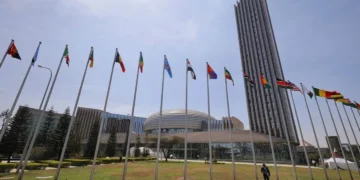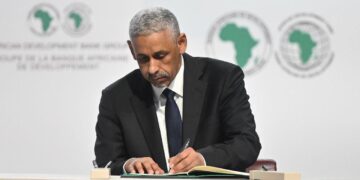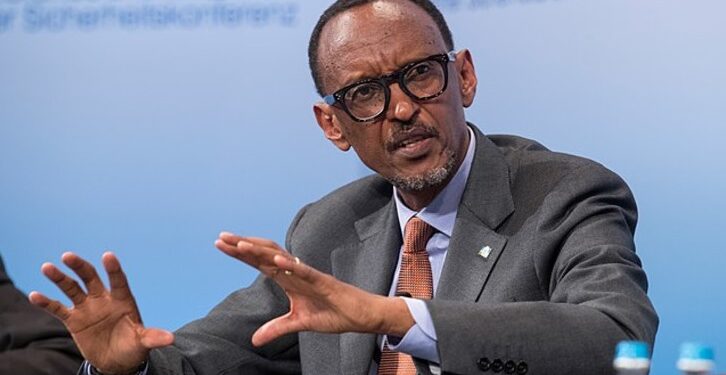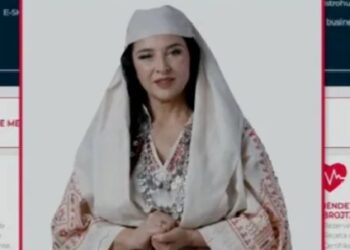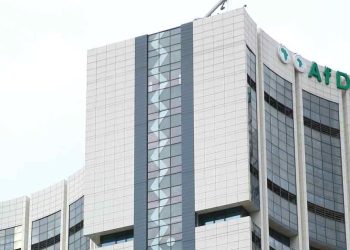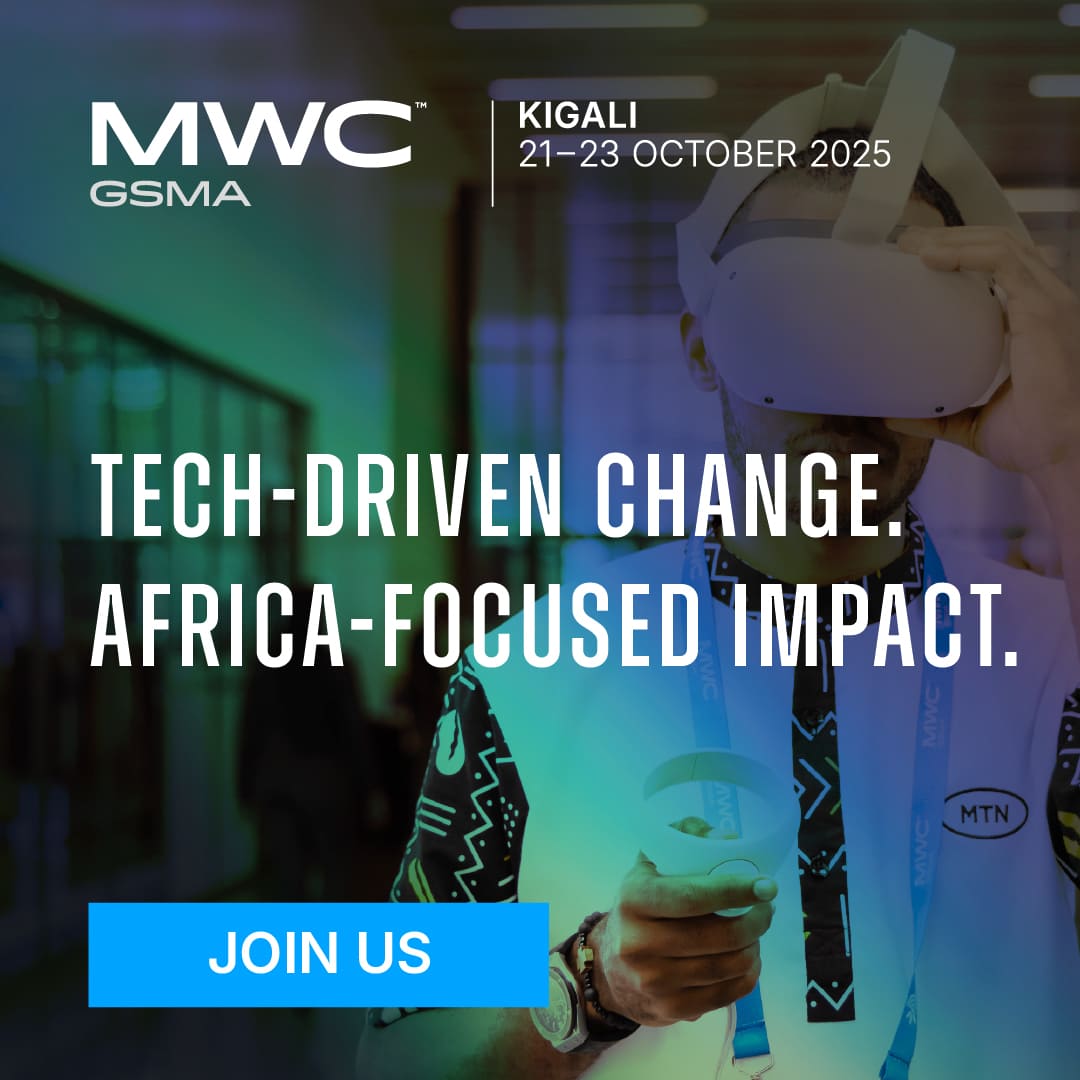By Ebi Kesiena
Rwandan President Paul Kagame on Thursday called on Congolese authorities to engage in direct negotiations with the M23 rebel group, which has expanded its control in eastern Congo by capturing key towns in recent weeks.
The mineral-rich region, bordering Rwanda, has been the site of ongoing violence, with more than 100 armed groups vying for dominance. Over a million people were displaced there last year due to fighting.
The M23 rebels recently seized the towns of Katale and Masisi, with the latter situated approximately 80 kilometres (49 miles) west of Goma, a crucial gateway to Congo’s interior.
Speaking in Kigali, Kagame emphasised the importance of dialogue to resolve the conflict, asserting that refusing to engage with M23 signals a lack of commitment to finding a political solution.
“The solution lies in internal political process, or dialogue,” he said.
However, Congo has consistently rejected Kagame’s calls for negotiations with M23, accusing Rwanda of backing the group. United Nations experts estimate that up to 4,000 Rwandan forces are present in Congo.
M23 first gained prominence over a decade ago when its fighters briefly captured Goma. The group takes its name from a 2009 peace deal it accuses the Congolese government of failing to implement. After lying dormant for years, M23 resurfaced in late 2021, capturing vast areas in eastern Congo. A ceasefire agreement between Congo and M23, signed in July and effective from August, has since broken down, with renewed fighting drawing international condemnation.
In addition to urging dialogue with M23, Kagame highlighted the need for Congo to address the presence of the FDLR (Democratic Forces for the Liberation of Rwanda), another armed group operating within its borders.
The ongoing conflict has caused widespread displacement and panic in Congo’s North Kivu province. While M23 claims to prioritise the protection of civilians, its advances often trigger mass evacuations and fear among local populations.
In February, the U.S. State Department formally described M23 as a “Rwanda-backed” group and called on Rwanda to withdraw its forces and dismantle its military installations in Congo. United Nations experts have also provided evidence of Rwandan military support for M23, further fuelling tensions between the two countries.
